SAMAs: We don’t consider fame when judging
The South African Music Awards (SAMAs) are arguably one of the most prestigious and well-known awards platforms in South Africa and on the continent. Founded in 1995, the SAMAs have become a yardstick for success among artists. To ensure their long-term existence, the Recording Industry of South Africa (RiSA), which organises the awards, has partnered with various corporates and done a lot of work to maintain the awards’ status as a premier music industry event.
 South African Music Awards spokesperson Lesley Mofokeng. Photo: Facebook
South African Music Awards spokesperson Lesley Mofokeng. Photo: Facebook
Despite this, the SAMAs have faced criticism and scrutiny from artists and the general public. The recently held 28th edition of the awards at the Sun City Superbowl became a topic of discussion, with artists such as Zakes Bantwini slamming the awards for poor planning and execution despite winning two SAMAs. Amapiano heavyweight DJ Maphorisa, meanwhile, has accused the organisers of cooking the results, while Lady Du labelled the event as bearing behind-the-scenes gatekeepers.
There has also been negativity surrounding past award shows, when top local rapper Cassper Nyovest claimed that the event was corrupt and disconnected from the South African music culture. Since then, the famous rapper has distanced himself and his art from the awards platform.
Most recently, at the time of editing this article for publishing on 13 September, the SAMAs issued a statement saying that RiSA had withdrawn the Best Contemporary Faith Album Award from its winner, Pulane Maphari, who had apparently repackaged and renamed an old album and submitted it for nomination at the 2022 SAMAs. As a result, RiSA CEO Nhlanhla Sibisi suspended the SAMAs project team and instituted internal disciplinary processes. Notwithstanding this action, the oversight will undoubtedly bring the SAMAs into further disrepute.
Before the latest gaffe, we spoke to SAMAs spokesperson Lesley Mofokeng about the processes involved in organising the awards and selecting the winners.
MUSIC IN AFRICA: How do you select the winners at the SAMAs and how do you ensure fairness when doing so?
LESLEY MOFOKENG: The SAMAs are organised in a way that is quite different to other awards ceremonies, in that we rely on a panel of experts. It’s almost like a peer-review system: people in the industry – who are music compilers, musicians, critics and journalists – come together to select the winners. This is also an independent process, in that they never get to meet. It’s done remotely, they submit their scores online and they are handed over to the auditors who issue us with a certificate of compliance. That ensures our credibility. We also make sure that in the process of honouring talent, everything is done fairly, openly and that justice is served. If a person deserves to win, they deserve to win. That is why we don’t consider fame when judging the SAMAs.
The SAMAs are one of those competitions where the playing fields are level. You can have your 300 followers on Instagram, the next artist can have 2 million followers, yet you will be treated the same way. It's about the quality, according to the opinion of our expert panel of judges.
There has been criticism by artists, particularly those who are nominated and do not win awards. Are they missing the point?
I think they’re missing the point in that the awards are judged by a panel of experts – their own peers. The judges are selected by the steering committee, which is made up of record company representatives. They sit around the table, they look around the industry and see who are the people that drive the conversations, who are the thought leaders, who are the most influential people. They bring them together as this selection committee, and then they sit independently and they score your music, they critique your music. You might think you’ve got a hit, but someone else might think the next person’s hit is even better than yours. Basically, it comes down to that.
There’s actually a formula that they follow, from entertainment value to production value, for all of these general impressions. And even after they judge, our panel of experts give their reasons and criticise your work. There’s actual justification as to the score you get. So at the end of the day, it’s a competition where not everyone can be a winner. And you want to win simply because you are famous or you’ve got a hit on radio? What if this other person, who does not have radio airplay, has invested much more in the craft, and according to the opinion of our judges deserves to win? That is really the spirit of the SAMAs.
How has the awards platform grown since the SAMAs were first held in 1995?
The first awards were hosted in a town hall, or civic centre, in Alberton [Johannesburg], with probably between 10 and 12 award categories. Fast track to 2022, we’re at Sun City with thousands of people in the Superbowl and millions watching, probably all over the world, because now we’re streaming on TikTok and YouTube. So the audience has become much bigger, and in terms of TV audience, which is on SABC 1, you’re guaranteed millions.
What were some of the challenges you’ve had to deal with in organising the awards?
I think back to the virtual award ceremonies that we had in the last two years – that was a very difficult time. We didn’t know what we were doing, we had to come up with ideas to be innovative, we had to make sure that we were still relevant, we had to keep people safe. How do you organise an awards ceremony when people are performing onstage and keep them safe from each other? That was really challenging. How do you still keep people safe and apart from each other, but put together a show with dancers and all the elements that make up an awards ceremony? That was not easy. But having said that, I still think we seized on a lot of opportunities and learnt a lot in TV production, in terms of how to keep an audience interested and how to package things. We realised that we could shoot things in advance and broadcast them live and still keep the feel of a live show.







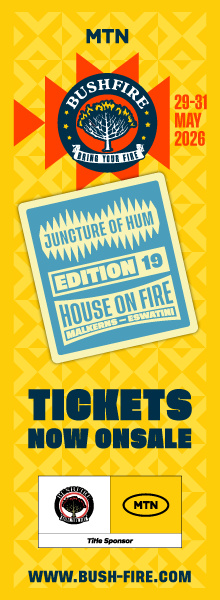












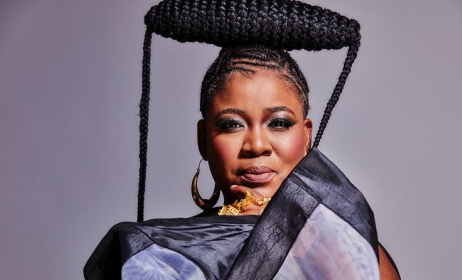




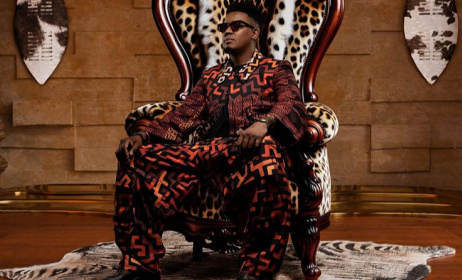
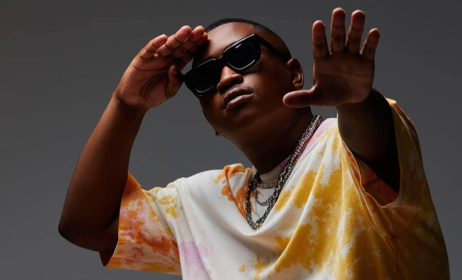

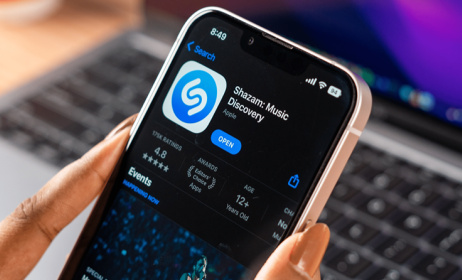
Comments
Log in or register to post comments